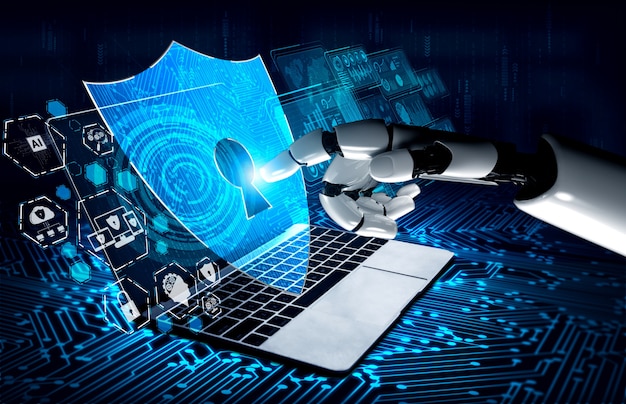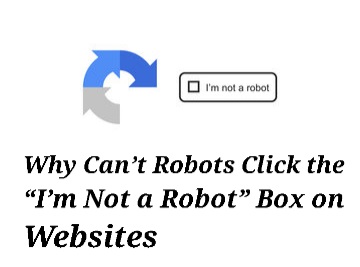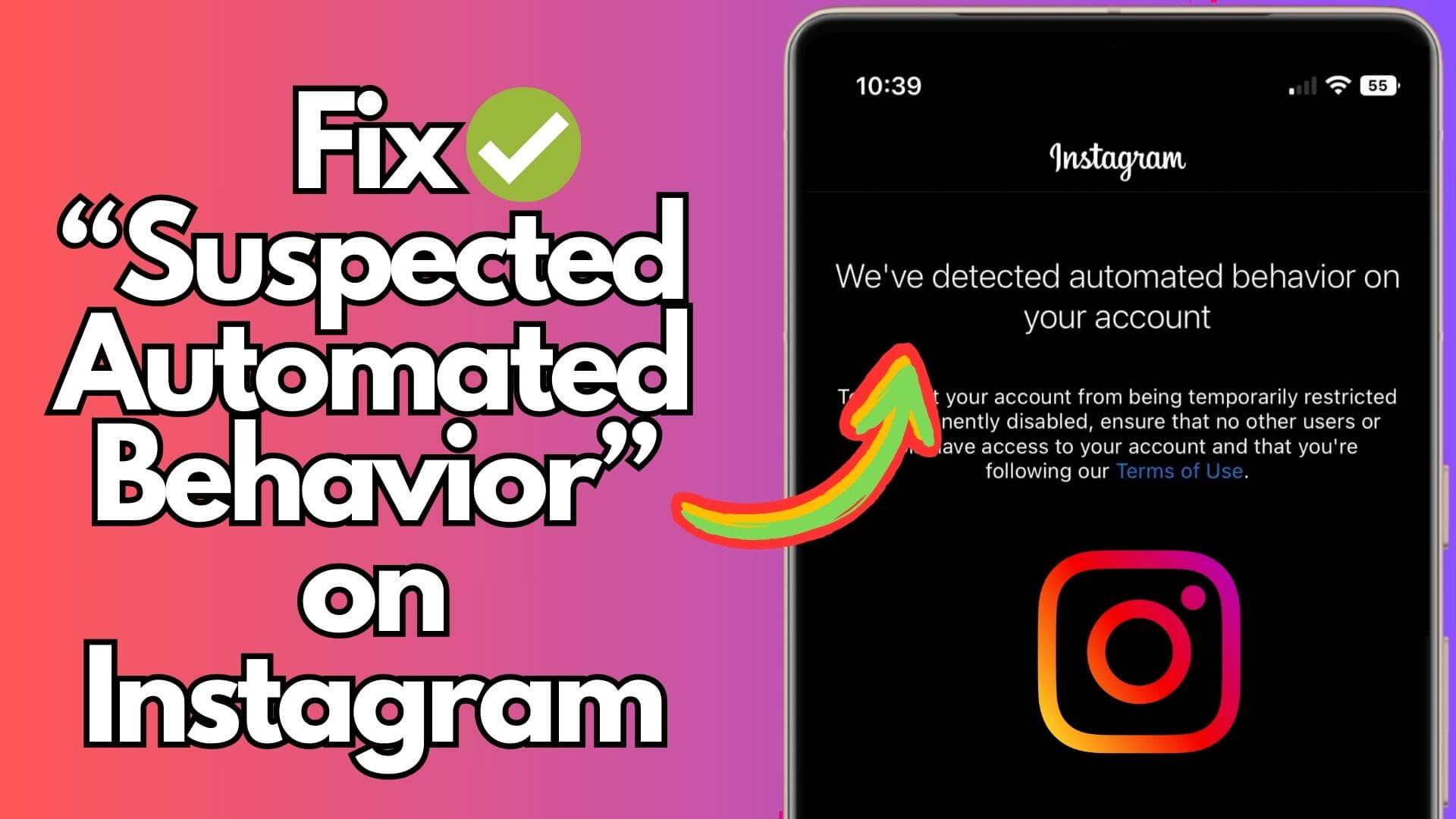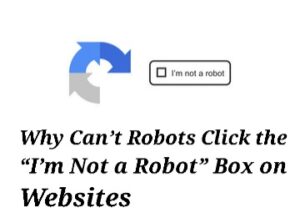Artificial Intelligence in 2025: Shaping the Future of Humanity
Artificial Intelligence (AI) has been one of the defining technologies of the 21st century, and as we step into 2025, its transformative potential continues to evolve at an unprecedented pace. From revolutionizing industries to redefining human interactions, AI is poised to leave an indelible mark on every aspect of life. This blog explores the advancements, challenges, and ethical considerations of Artificial Intelligence in 2025, offering insights into its profound implications for society.
Contents
Advancements in Artificial Intelligence
1. Generative AI as a Creative Force
By 2025, generative AI models have matured significantly, enabling creators and businesses to produce content, art, music, and even code at an astonishing level of quality. AI tools like ChatGPT and DALL·E have evolved to incorporate better contextual understanding, cultural nuances, and emotional intelligence, empowering creators to push the boundaries of their imagination.
2. AI-Powered Healthcare
AI in healthcare has reached new heights with predictive analytics, personalized medicine, and robotic-assisted surgeries becoming commonplace. Early detection of diseases such as cancer or Alzheimer’s through AI-driven diagnostic tools has saved millions of lives. AI has also democratized healthcare by bringing virtual consultations and treatment recommendations to remote and underserved areas.
3. Autonomous Systems Revolutionizing Industries
From self-driving cars to autonomous drones, 2025 marks a turning point for industries like logistics, agriculture, and transportation. AI-powered systems have reduced operational costs and improved efficiency while lowering environmental impact. For instance, precision agriculture using AI drones has optimized water usage and increased crop yields.
4. AI in Education
Personalized Learning ExperiencesIn 2025, education is no longer a one-size-fits-all system. AI-driven platforms analyze individual learning patterns and create tailored educational paths for students, ensuring optimal understanding and retention. Virtual reality (VR) integrated with AI provides immersive learning experiences, bridging the gap between theory and practice.
Challenges of AI in 2025
1. Data Privacy Concerns
As AI systems require vast amounts of data to function effectively, concerns around data privacy and security have intensified. Unauthorized data usage and potential breaches remain significant risks, prompting stricter regulations and innovations in data encryption.
2. Job Displacement and Workforce Transition
The increasing automation of repetitive and even skilled tasks has disrupted traditional job markets. While AI creates new opportunities, it demands a workforce skilled in AI development and implementation, leading to a widening skills gap. Governments and organizations are under pressure to invest in reskilling programs to ensure a smooth transition.
3. Bias in AI Algorithms
Despite advancements, AI systems in 2025 still grapple with biases embedded in training data. These biases can lead to discriminatory outcomes in areas like hiring, credit scoring, and law enforcement. Efforts to build explainable and fair AI models are gaining traction but require continual vigilance.
4. Ethical and Moral Dilemmas
AI has raised profound ethical questions about decision-making autonomy and accountability. In 2025, debates around AI’s role in warfare, surveillance, and even human relationships have grown more intense. Striking a balance between technological progress and ethical boundaries is an ongoing challenge.
The Role of Governments and Policymakers
In 2025, governments worldwide have recognized the need for proactive AI governance. Global cooperation has led to the establishment of unified frameworks for AI ethics, ensuring that the technology is used responsibly.
Key initiatives include:
Regulatory Sandboxes:
Allowing innovators to test AI solutions under controlled conditions without risking public safety.
Incentives for Ethical AI Development:
Governments provide funding and tax breaks for companies prioritizing ethical AI practices
Public Awareness Campaigns:
Educating citizens about AI’s benefits and risks to promote informed participation in its adoption.
Emerging Trends in AI for 2025
1. Neuromorphic Computing
The adoption of neuromorphic chips mimicking the human brain has accelerated AI’s processing capabilities. These chips enable real-time decision-making and energy-efficient AI applications, paving the way for advanced robotics and IoT devices.
2. AI in Climate Change Mitigation
AI is at the forefront of combating climate change. From optimizing renewable energy grids to monitoring deforestation and ocean health, AI systems are driving sustainable development goals. Predictive analytics also help governments prepare for natural disasters, minimizing human and economic losses.
3. Human-AI Collaboration
Rather than replacing humans, AI in 2025 emphasizes collaboration. Human-AI teams are thriving in creative industries, scientific research, and complex problem-solving scenarios. This symbiotic relationship enhances productivity while preserving the irreplaceable value of human intuition.
4. AI-Powered Decentralized Systems
Blockchain and AI integration has given rise to decentralized autonomous organizations (DAOs), reshaping business operations and governance. These systems enable transparent decision-making and secure data sharing without central authorities.
Ethical Considerations for the Future
1. Defining AI’s Moral Compass
Who decides what is right or wrong for AI? By 2025, the question remains open-ended. Researchers and ethicists emphasize the need for AI systems to reflect diverse perspectives and adhere to universal human rights.
2. AI as a Social Equalizer
Efforts to ensure AI benefits everyone, regardless of socioeconomic status, are gaining momentum. From accessible AI-powered education to affordable healthcare, inclusivity is a key focus area for policymakers and innovators alike.
3. Regulating AI Autonomy
As AI systems become more autonomous, defining the limits of their decision-making power is crucial. Ensuring that humans remain in control of critical decisions is a cornerstone of ethical AI development.
The Vision for 2030 and Beyond
By 2025, AI is no longer just a tool; it is a partner in shaping the future. Looking ahead, the possibilities are boundless:
AI-driven space exploration may uncover new frontiers of knowledge.
Brain-computer interfaces powered by AI could redefine human potential.
AI’s role in fostering global peace and understanding could become a reality.
However, achieving these milestones requires collaboration among governments, businesses, and individuals to navigate challenges responsibly.
Conclusion
Artificial Intelligence in 2025 represents a critical juncture in human history. While its advancements hold the promise of unparalleled progress, they also demand vigilance, ethical foresight, and global cooperation. As we embrace this transformative technology, the choices we make today will shape the world for generations to come. The journey into the AI-driven future is as exciting as it is challenging—and it’s a journey we must embark on together.
May You Like:
How To Read WhatsApp Message Without The Sender Knowing
Share this content:














Post Comment